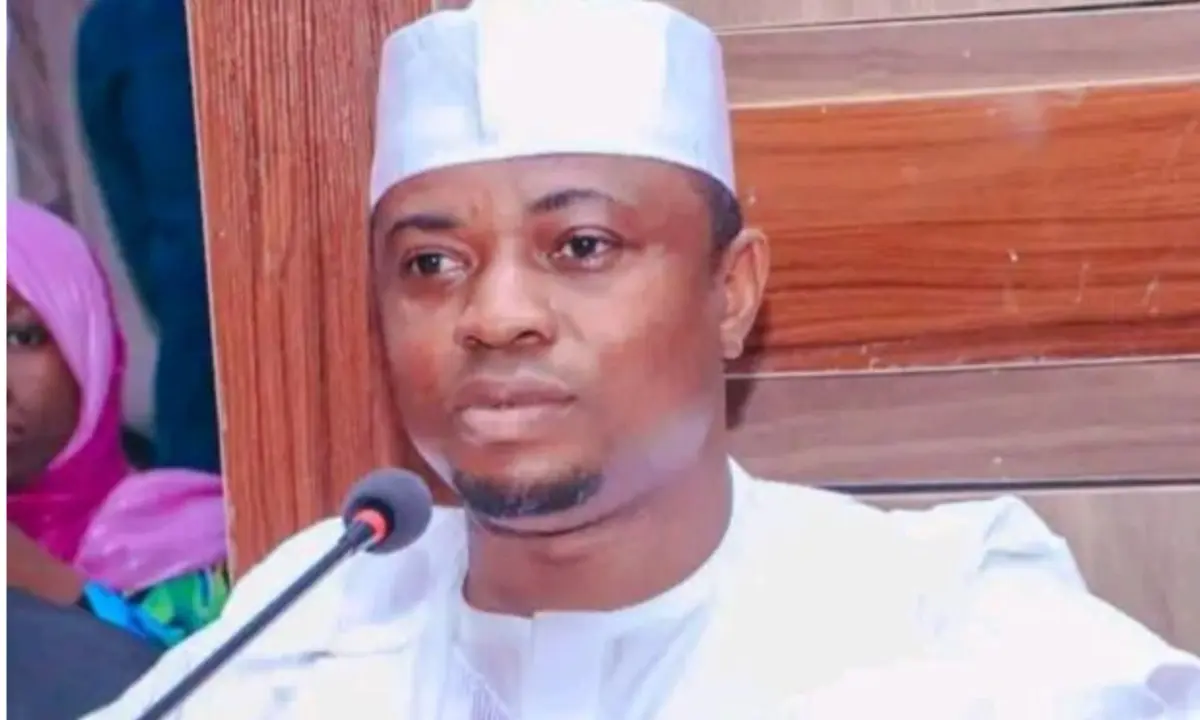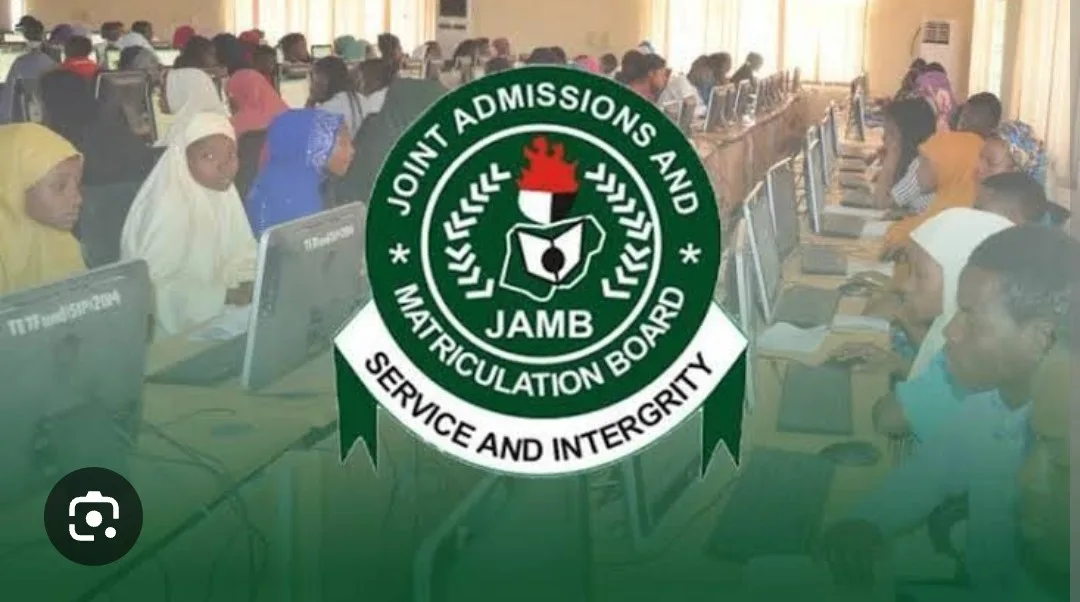Let’s be honest — basic education in Nigeria has struggled for years. From leaking classroom roofs to skyrocketing numbers of out-of-school children, the challenges have been loud and clear. But now, the Federal Government (FG) is stepping up with a fresh set of initiatives designed to fix the cracks in the system — literally and figuratively.
Overview of the Federal Government’s New Initiatives
In 2025, the Federal Ministry of Education, in collaboration with the Universal Basic Education Commission (UBEC), rolled out a new reform strategy. These initiatives aim to tackle long-standing issues such as poor infrastructure, lack of trained teachers, and outdated curricula — all while embracing tech-driven solutions.
Key Challenges in Nigeria’s Basic Education System
You’ve probably seen them yourself:
-
Schools without chairs, toilets, or electricity
-
Over 10 million out-of-school children, according to UNICEF
-
Teachers being owed salaries for months
-
Students still learning with obsolete textbooks
These issues aren’t just inconveniences — they’re barriers to national development.
Objectives of the Fresh Initiatives
So, what’s the government trying to achieve? Four main things:
-
Upgrade Infrastructure: Renovate classrooms, build toilets, provide electricity.
-
Access for All: Bring children in remote and conflict-affected areas back to school.
-
Teacher Empowerment: Train, retrain, and pay teachers better.
-
Digital Education: Introduce smart learning models in rural and urban settings.
Breakdown of Major Components of the New Plan
-
National Smart School Project: Over 150 smart schools to be built nationwide, each equipped with computer labs, internet access, and tech-trained teachers.
-
Learning Recovery Programs: Designed for children who dropped out during COVID-19 and other crises.
-
Education Infrastructure Fund: A consolidated pool of resources drawn from FG, UBEC, and private donors.
Role of the Universal Basic Education Commission (UBEC)
UBEC is spearheading monitoring, evaluation, and training. Their roadmap includes:
-
Quarterly inspections of project sites
-
State education performance scorecards
-
Central database for teacher credentials
Public-Private Partnerships (PPP)
These initiatives aren’t running on government funds alone:
-
Edtech startups like uLesson and Roducate are being invited to provide digital content.
-
Construction firms are incentivized through tax breaks to build school facilities.
-
NGOs are deploying learning kits and mobile libraries.
State-Level Implementation and Coordination
Each state must submit a proposal to access conditional grants from UBEC. The grants prioritize:
-
Areas with high out-of-school populations
-
Schools in disrepair
-
Teacher-to-pupil ratio imbalance
Impact on Teachers and School Staff
Teachers are at the heart of this plan:
-
Over 500,000 teachers will undergo digital literacy training.
-
Salary harmonization across federal and state lines is under review.
-
A national Teaching License Register will monitor qualifications and performance.
Benefits for Learners
This time, students aren’t being left behind:
-
Tablets and solar-powered devices will be distributed to public schools.
-
Special education programs are being expanded for children with disabilities.
-
New subjects like coding, digital citizenship, and financial literacy are being introduced.
Targeting Out-of-School Children
The FG is deploying a mix of:
-
Mobile Classrooms: For nomadic and displaced populations
-
Homegrown Feeding Program Boosts: To keep kids in school
-
Religious Leader Engagements: To support enrollment in conservative regions
Education and National Security
It’s all connected. A child in school is less likely to be lured by criminal groups. That’s why education is now part of Nigeria’s counter-insurgency strategy. Secure learning spaces are being prioritized in Borno, Kaduna, and Zamfara.
Voices from the Field
-
Mrs. Udo, a headteacher in Benue: “For the first time in years, we have hope.”
-
Tajudeen, SS1 student in Kano: “I want to learn coding and become a tech boss.”
-
Parents in Taraba: “We just want our kids to be safe and educated.”
Challenges to Watch Out For
-
Corruption: Funds must be tracked religiously.
-
Infrastructure Sabotage: Especially in conflict-prone zones.
-
Resistance to Change: From educators stuck in old methods.
How Citizens Can Get Involved
-
Join community school boards
-
Volunteer through programs like the Teach for Nigeria initiative
Media Coverage and Public Awareness
The story is trending. Platforms like Punch, The Cable, and Channels TV are dedicating airtime to the initiative. Government ads and jingles are hitting the airwaves.
Conclusion
Let’s not sugarcoat it — Nigeria’s education system needs a reboot. But these new initiatives from the FG might just be the spark we’ve all been waiting for. If we all play our parts — parents, teachers, communities, and government — we can give every Nigerian child the quality education they deserve.
FAQs
1. How will the FG ensure funds are not misused? Through UBEC’s auditing system and third-party evaluations, plus digital fund tracking.
2. What’s the timeline for building smart schools? Phase one includes 150 schools by December 2025.
3. Will rural areas benefit equally? Yes. Priority is being given to underserved and high-risk communities.
4. Can parents track project progress? Yes. Each school will display project status boards and QR codes linked to an online portal.
5. How can NGOs and volunteers join in? They can register via the UBEC partnership portal and state education offices.



